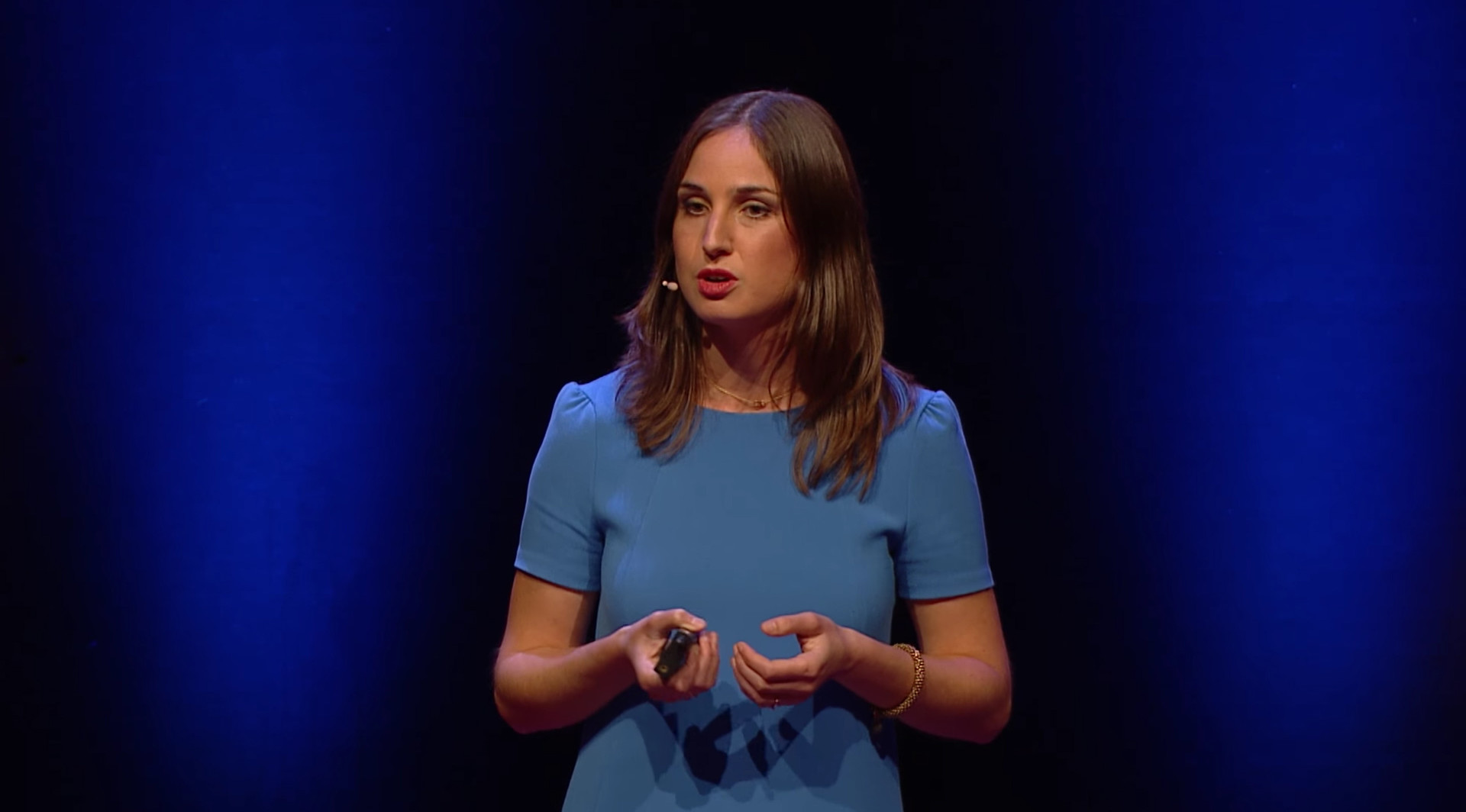Statistics in the news shape how we see the world. They tell us everything from what to eat to how the economy’s doing to how fair our society is.
So it’s important that statistics are accurate. Unfortunately, they’re often anything but. As Gregg Easterbrook put it, “Torture numbers and they’ll confess to anything.” And the news is full of tortured numbers.
How can you keep yourself from being misled? Find out in my TEDx Talk.
My TEDx Talk: “How to defend yourself against misleading statistics in the news”
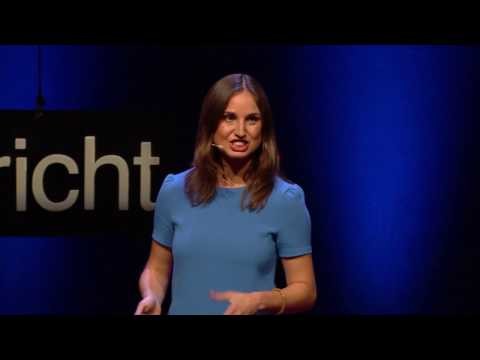
—Translated from Dutch by Laura Martz and Erica Moore
More from De Correspondent:
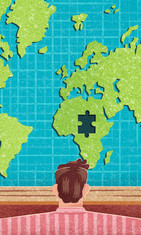
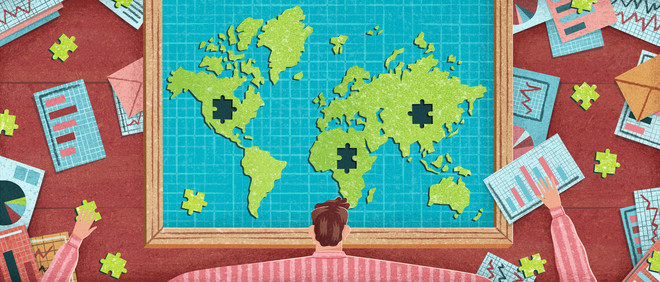 Why we know less about developing countries than we think
Africa boasts five of the world’s ten fastest-growing economies. And the percentage of poor and malnourished people worldwide has been cut by half in the last 25 years. Poor countries seem to be prospering – but is the rosy picture accurate? I crunched the numbers, and here’s the truth: when it comes to developing countries, there’s a lot we don’t know.
Why we know less about developing countries than we think
Africa boasts five of the world’s ten fastest-growing economies. And the percentage of poor and malnourished people worldwide has been cut by half in the last 25 years. Poor countries seem to be prospering – but is the rosy picture accurate? I crunched the numbers, and here’s the truth: when it comes to developing countries, there’s a lot we don’t know.

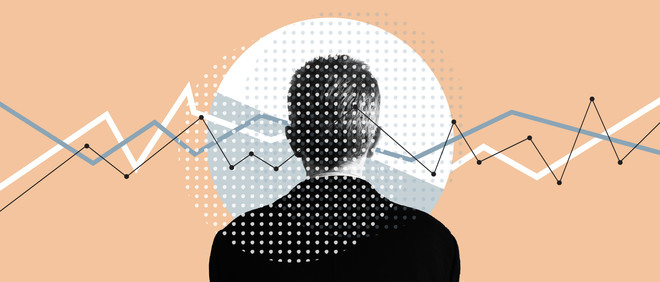 Meet the greatest anti-poverty crusader you’ve never heard of
Every news item you read about poverty owes its existence to the work of one unknown but revolutionary economist. Oddly enough, he’s never gotten the media attention he deserves. Who is this Martin Ravallion, the man who put poverty on the map worldwide?
Meet the greatest anti-poverty crusader you’ve never heard of
Every news item you read about poverty owes its existence to the work of one unknown but revolutionary economist. Oddly enough, he’s never gotten the media attention he deserves. Who is this Martin Ravallion, the man who put poverty on the map worldwide?

 Save the refugees, become a banker
What does it take to make the world a better place? An emerging philanthropic movement uses a radical new approach to allocating its resources. What can we learn from these uber-rational doers of good? And what should we be wary of?
Save the refugees, become a banker
What does it take to make the world a better place? An emerging philanthropic movement uses a radical new approach to allocating its resources. What can we learn from these uber-rational doers of good? And what should we be wary of?



